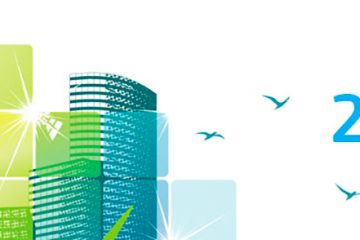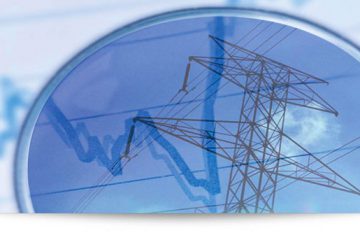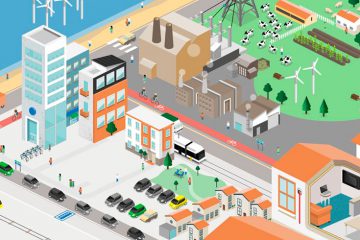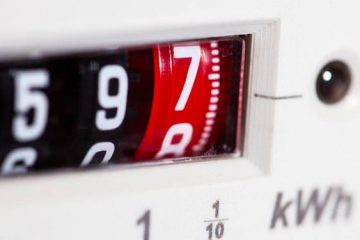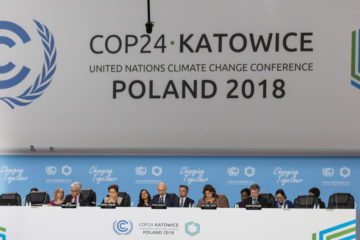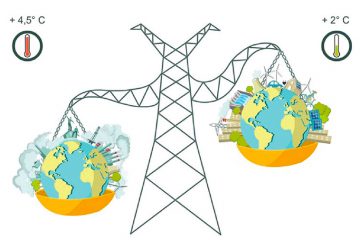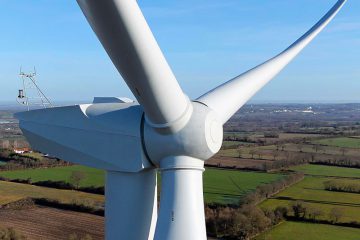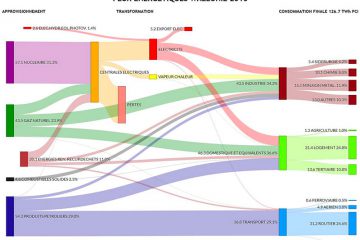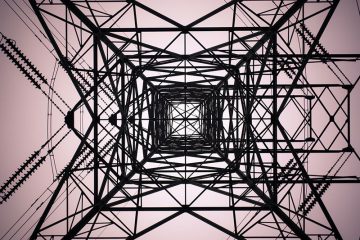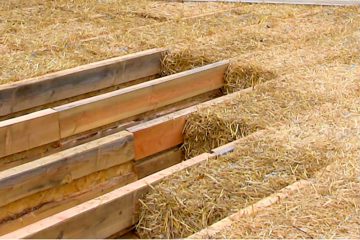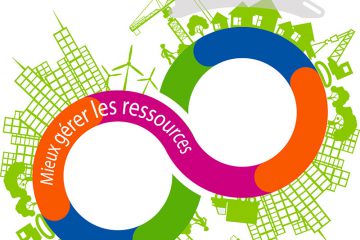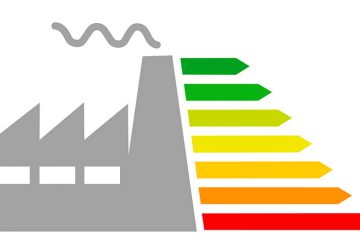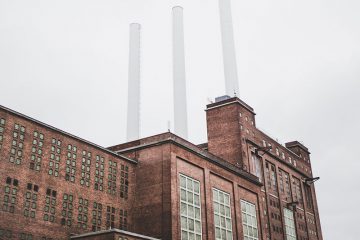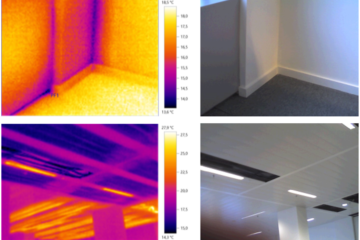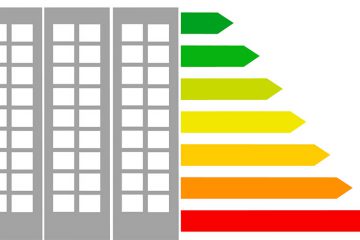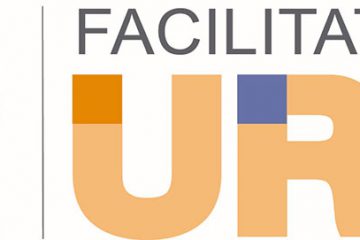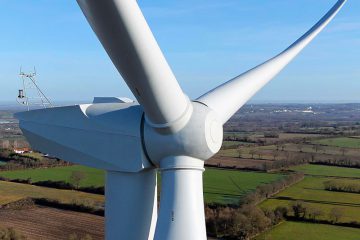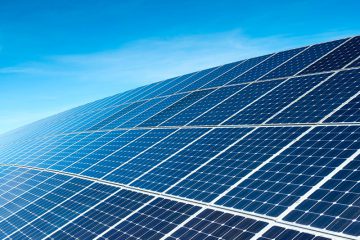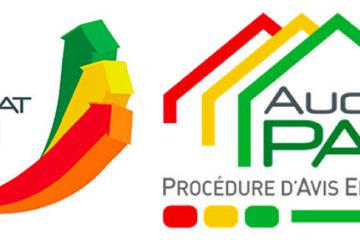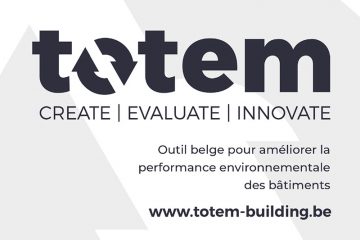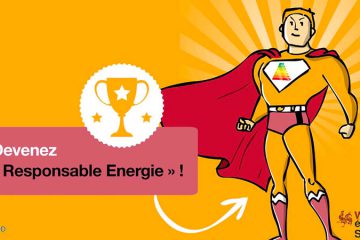Evaluation of recent reforms of the “Energy and Housing” grants and loans system
Context
Not all households are equal in terms of energy costs. According to the household budget survey (2014), 25% of Walloon households with the lowest incomes spend on average 9.2% of their budget on this type of expenditure, as compared with only 5.1% for the 25% of Walloon households with the highest incomes. This data does not take into account the deprivation that may result from a lack of sufficient revenue to meet energy needs. The sharp increase in consumer prices for energy products and the increase in the VAT rate applicable to the supply of electricity to residential consumers on 1 September 2015 only reinforced these inequalities.

Source : SPW-DGO4
Objectives
As part of the Walloon Poverty Reduction Plan, this project consists of making an evaluation of the reforms of the “Energy and Housing” grants and loans system, which took place in 2015 and 2016 respectively, in order to answer the following questions:
- What effect has the reform of “Energy and Housing” grants and loans had on the use of these schemes by target groups (low-income households)?
- To what extent are the policies put in place affected by windfall and perverse effects?
Execution
As part of this study, ICEDD participates in:
- Evaluating the current status of the policy for supporting the energy efficiency of private housing;
- Collecting and analysing administrative data to assess the effects of the recent reforms of the “Energy and Housing” grants and loans system in terms of reaching target groups.

